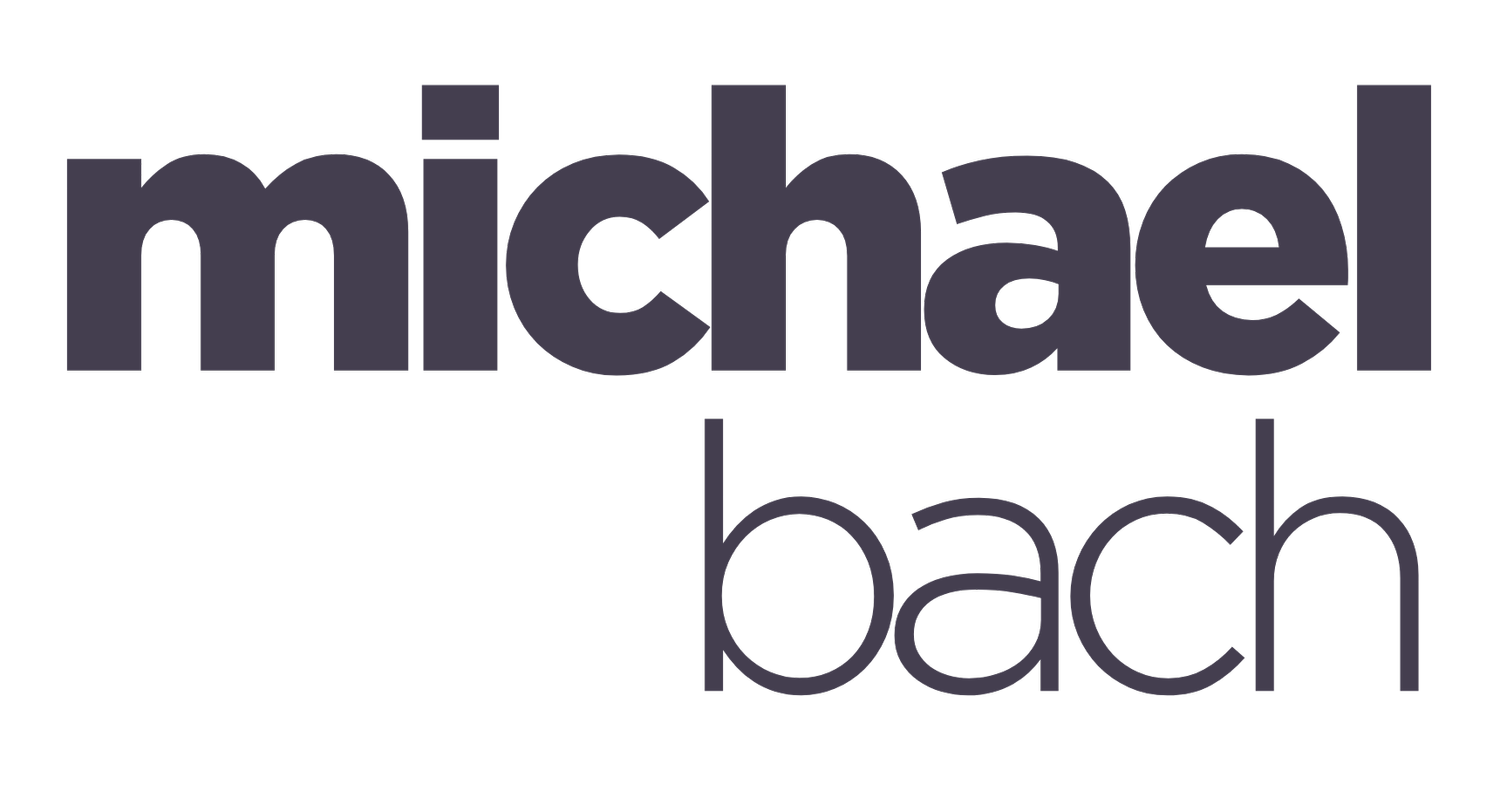Utilizing Employee Resource Groups in Organizations
How properly building an ERG can attract and retain employees, build engagement, increase innovation, and reduce voluntary turnover, and much more.
A large component that is often missing in organizations in the IDEA (inclusion, diversity, equity, accessibility) strategy is what are known as an Employee Resource Group (ERGs), Business Resource Group, Affinity Group, or a similar type of group. ERGs are groups of employees that are brought together by a shared personal characteristic. They are traditionally more ‘grassroots’ and started by folks with a shared characteristic (like race, gender, sexuality, etc.), but sometimes you see them started by the employers. They serve a variety of purposes: some are more focused on social and support, while others have more of a business focus, such as driving business development and talent attraction.
Resource groups can be a powerful asset of an organization if, and when, they are properly executed. Let’s look at why they are important to organizations, how an individual can set up an ERG, and how even smaller operations can successfully implement these groups.
ERGs are important for a few reasons:
An ERG can be a resource for employers, similar to a market research group. For example, if you want to launch a new product focused on the LGBTQ2+ market, you can use your ERG membership as a test market.
They become the voice of a community within your organization. While ERGs can’t speak for all LGBTQ2+ people in your organization, they often can speak for a large percentage of them.
ERGs can become a great resource for things like talent attraction. If you’re looking to focus on recruiting talent from the LGBTQ2+ communities, your ERG can help you with that, and their existence can send a message that you’re an inclusive employer.
They can be an extra set of hands, doing work in inclusion, diversity, equity and accessibility, which leaves the organization to focus on other areas of IDEA. If you have an LGBTQ2+ ERG, you know there will be a Pride celebration and you don’t have to worry about it.
If your organization does not already have established ERGs, I strongly recommend doing the work upfront and creating a plan of how people can start an ERG. The Canadian Centre for Diversity and Inclusion (CCDI) created a toolkit for organizations that breaks down the process and explains their importance.
Start by doing the heavy lifting. Often ERGs just “happen” and people make things up as they go. There’s nothing worse than having a group of well-intentioned people developing something that ends up being out of line with an organization’s priorities. If they are meant to be an important part of your IDEA strategy, it’s best to ensure you do the leg work to make sure people know how to set up an ERG, and what is expected of them. There should be a formalized process: craft a business case, plan and budget; structure; governance, etc. If the group is going to have any budget, they need to ensure what they’re doing is aligned with the organization.
Smaller organizations will have more challenges when setting up ERGs, but they still can be accomplished. One way is to have ERGs that are more broad in their mandate such as a “diversity ERG,” which is also very much like a diversity council. They serve a similar purpose. Essentially it’s a group of people who are passionate about diversity and inclusion - for whatever reason - who come together to make your workplace more inclusive.
The benefits from ERGs for organizations are many: attract and retain employees, build engagement, increase innovation, reduce voluntary turnover, and many more. Having an intentional plan ensures a greater rate of success for your organization’s ERGs. ERGs can be a valuable resource and should be established and recognized for their important role in the overall IDEA strategy of the organization.
